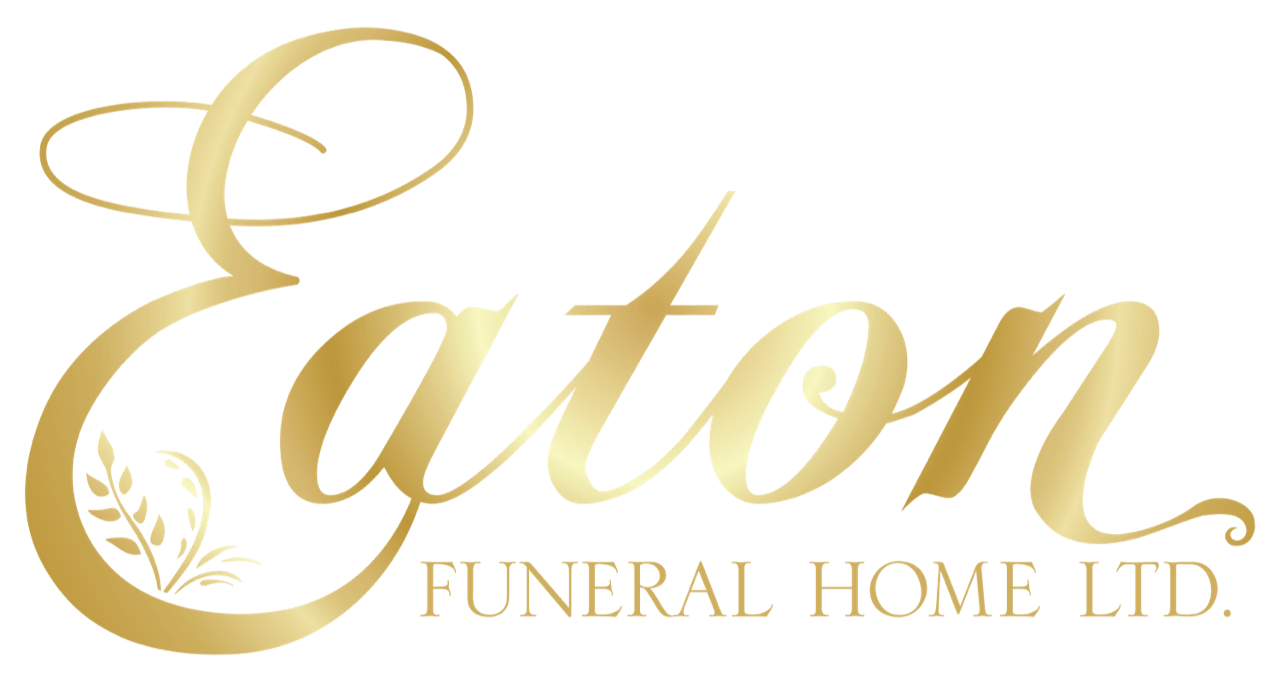New Paragraph
FAQ: Memorial Services
- What is a Memorial Service
A Memorial Service and Celebration of Life are the same. The difference between a Traditional Funeral Service, and a Memorial Service or Celebration of Life, is that a traditional funeral has a casket present, and a Memorial Service/Celebration of Life does not (although it may have an urn present. Any type of service can be as deeply rooted in tradition, or as creative as you want.
- Which type of service format is right for me and my family?
There's really no way we can tell you which service would be the best in your situation. In fact, we don't believe it's even part of our job to tell you; instead, our work is in showing you the spectrum of possibilities. We can explain your options, make suggestions; all with the goal of empowering you to arrive at the best possible decision.
- How much will a memorial service cost?
This is a lot like asking "how much will it cost to buy a car?" The answer is heavily dependent on the choices you make such as the flowers, the food, costs to inter ashes, etc. Some of the things you'll discuss with your funeral director involve these costs. Common extra fees are the fee charged by a newspaper to print your loved one's obituary. Another cash advance charge could be for clergy or musician's fees, cemetery costs, reception necessities, such as food/beverage or facility rental. Call us to get a better idea of what your loved one's memorial service will do for you, as well as what it will cost.
- How and when should I pay?
The Eaton Funeral Home will provide you with a contract so you know what to expect for service costs, but there is no need to leave a deposit or pay before the funeral services can occur. We understand that estates can take time to settle.
- How much will I have to be involved?
How much would you like to be involved? Certainly, your funeral director will need you to specify certain details: the where and when, for example. Together you'll make important decisions about other specifics, but once those decisions are made, you can "step back" and let us handle everything or have as much input as you please.
- What items will I need to bring to the funeral home?
You'll need to provide the documents/information required to complete your loved one's death certificate and obituary. You may also wish to bring in a collection of family photographs to be used in making a tribute video or in the decoration of the service location. Other items may be needed at some point, depending on the arrangements made. Your funeral director will provide you with an exact list of the things he or should would like you to bring along to the arrangement conference.
- What is a civil celebrant? How can he or she help?
A celebrant is a person who has been trained to conduct formal ceremonies, such as weddings, baptisms and funerals. They are not clergy; instead they are experienced masters-of-ceremony and story-tellers. A celebrant works closely with surviving family to create a ceremony which reflects the beliefs, cultural background, values and aspirations of your deceased loved one, and your family. If you think you would be best served by a celebrant, please speak with your funeral director.
- Will I, or another family member, need to write the obituary?
Commonly the funeral director who met with you during the arrangement conference will assume the responsibility of writing the obituary. You will support them in doing so by providing the names of your family, as well as other important details about your loved one's life. If you, or another family member or friend, wish to write the obituary, we can help to guide you through the process.
